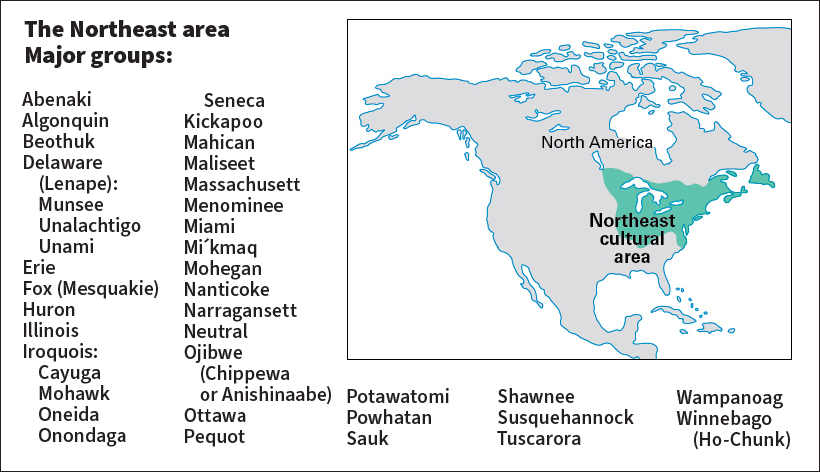Menominee, << muh NOM uh nee, >> are a Native American people who have lived in the Wisconsin and Upper Michigan region for over 5,000 years. The Menominee once occupied an area of about 91/2 million acres (3.8 million hectares). They lived by hunting and gathering food. The name Menominee means wild rice people. They harvested wild rice from the water by canoe.

Treaties with the United States reduced Menominee lands to a reservation of 235,000 acres (95,000 hectares). Today, the economy of the reservation depends on a lumber operation, including a sawmill. According to the 2020 U.S. census, there are about 8,400 Menominee.
In 1953, the U.S. government adopted a policy of termination as part of a national program to make Native Americans independent. Termination called for ending federal support and protection of certain reservation populations. Through this policy, the government abolished the Menominee reservation in 1961. Congress no longer recognized the Menominee as a Native American tribe. It also withdrew the protection and benefits that treaties had guaranteed the Menominee. Termination brought economic hardship and threatened to destroy the tribe’s culture.
The Menominee campaigned to have the Menominee termination reversed. In 1973, they regained their treaty rights and tribal status. The government reestablished the Menominee reservation in 1975.
See also Oshkosh, Chief .
